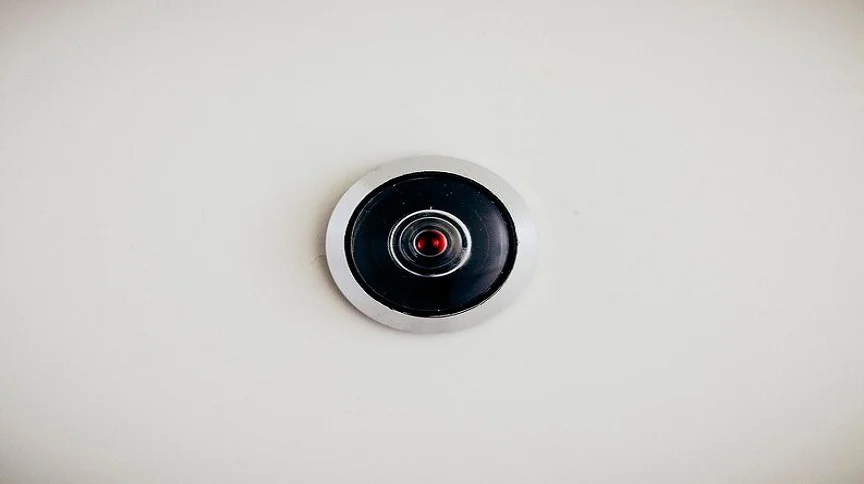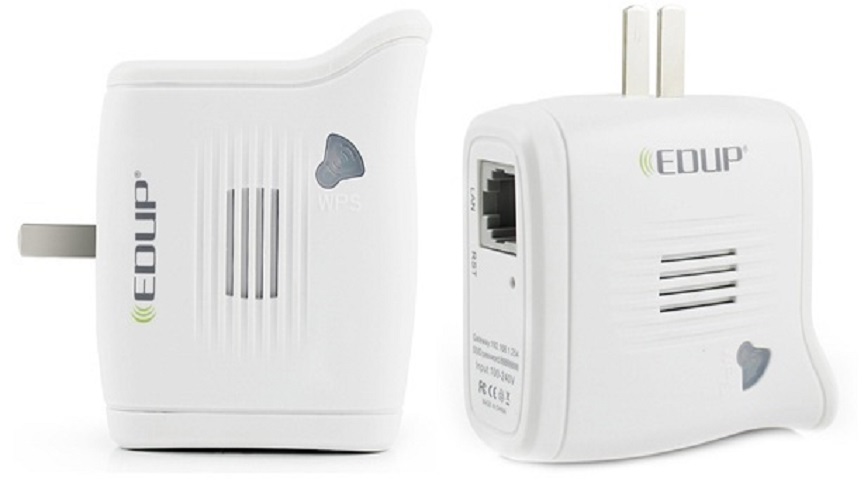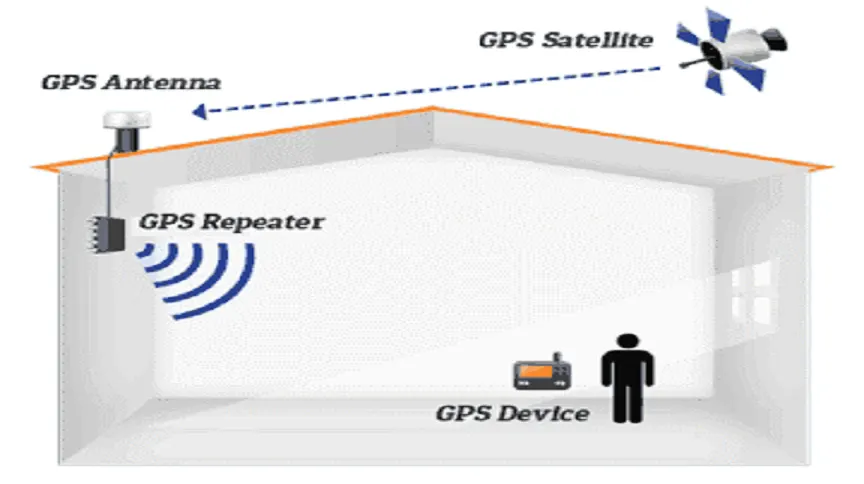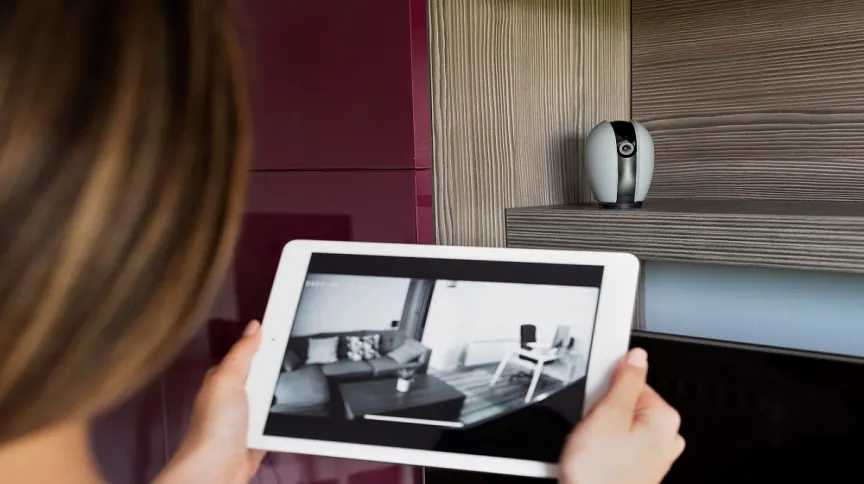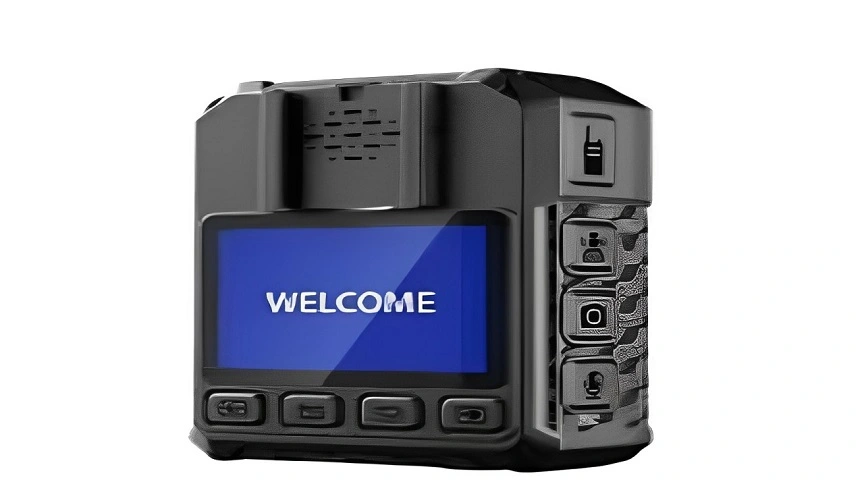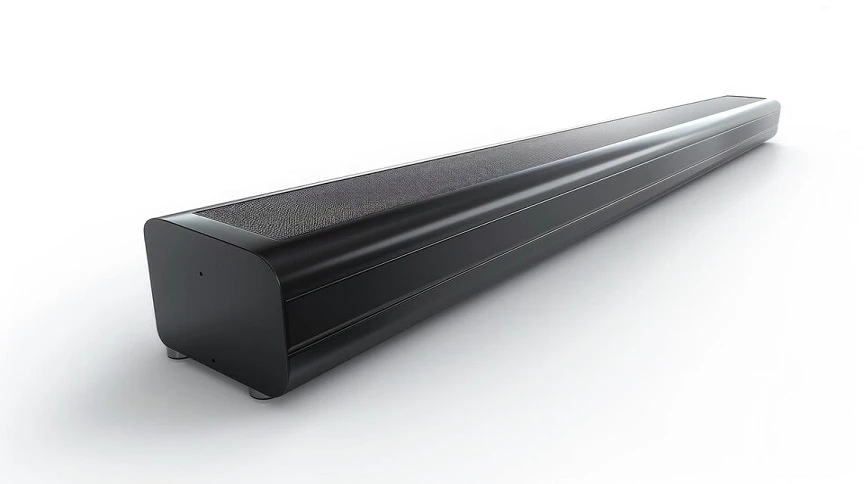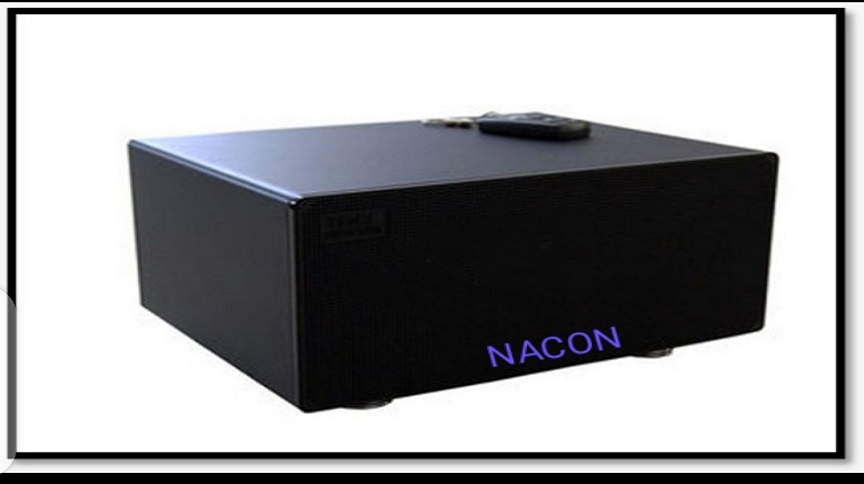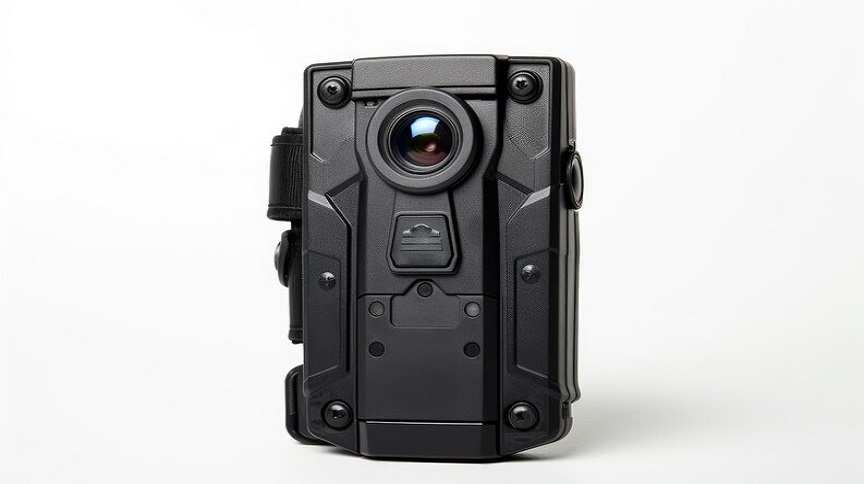Spy Cameras in India: Discreet Surveillance for Your Safety
In a world where security threats, privacy violations, and theft are rising, staying vigilant is no longer a choice—it’s a necessity. Whether it’s protecting your home, office, or monitoring suspicious activity, spy camera offer a discreet and effective way to stay informed. But what is a spy camera, and how is it used in real life? This detailed blog will cover everything you need to know about spy cameras in India, including where to find the best options like spy cameras with audio or spy cameras for home, especially in Delhi NCR. What is a Spy Camera? A spy camera, also known as a hidden camera or covert surveillance device, is a miniature recording gadget used to monitor activities without drawing attention. These cameras are often hidden in everyday objects such as clocks, chargers, light bulbs, photo frames, or even pens. Their primary function is to capture audio, video, or both discreetly. Spy cameras are widely used for: Home surveillance Employee monitoring Childcare (nanny cams) Evidence collection in legal matters Personal security With advanced features such as motion detection, remote access, and night vision, modern spy cameras are smart, compact, and incredibly efficient. Spy Camera with Audio: Hear What You See One of the most in-demand features today is a spy camera with audio. These cameras not only capture visuals but also record clear sound, offering complete situational awareness. This is particularly helpful in: Monitoring verbal interactions (e.g., disputes or abuse) Keeping tabs on house help or babysitters Collecting voice evidence for legal or personal use It’s essential to check your local privacy laws regarding audio recording. In India, as long as it is your own property and not used to violate someone’s private rights maliciously, these devices are legal to use for self-protection. Spy Camera for Home Security Using a spy camera for home is becoming increasingly popular among Indian households. Whether you’re concerned about theft, domestic help behavior, or the safety of children or elderly family members, a spy camera offers peace of mind. Popular uses of spy cameras at home include: Monitoring nannies or babysitters Keeping an eye on children or elderly individuals Watching over housekeepers, drivers, or other staff Deterring intruders and criminal behavior Modern spy cameras are Wi-Fi enabled, letting you view live footage directly from your smartphone via a secure app—no matter where you are. Buy Spy Camera in Delhi – Nacon Wireless If you’re searching for a spy camera in Delhi, Nacon Wireless is your trusted destination. As a leading provider of smart security solutions in India, Nacon Wireless offers a wide range of high-quality spy cameras tailored to home, office, or personal use. Why Choose Nacon Wireless? Wide variety of spy cameras (with or without audio) Compact and undetectable designs High-definition video and clear sound recording Affordable pricing with fast delivery across Delhi NCR and India Customer support for installation and troubleshooting Features to Look for in a Spy Camera When purchasing a spy camera in India, especially for home or office use, consider these key features: Feature Why It Matters Audio Recording Enables full surveillance (visual + sound) WiFi Connectivity Access footage remotely through mobile apps Night Vision Capture footage even in complete darkness Motion Detection Saves storage and alerts you when movement occurs Battery Backup Ensures recording even during power cuts Storage Support Check if SD cards or cloud backup is supported Legal Use of Spy Cameras in India In India, using a spy camera is generally legal for security and self-protection purposes, provided it is used in your own home or premises and does not infringe upon the privacy of others maliciously. For example: It’s legal to install spy cameras at home to monitor maids or babysitters. It’s not legal to install hidden cameras in private places like bathrooms or rented spaces without informing the tenants. Always stay informed and ethical when using surveillance technology. Tips for Using Spy Cameras Effectively Choose the Right Location: Position cameras where they can capture useful angles discreetly. Inform Trusted People: Inform household members for ethical transparency. Regularly Check Recordings: Ensure the camera is functioning and footage is stored properly. Update Firmware: Keep your device updated for security patches and better performance. Use Secure Networks: When using WiFi-enabled devices, ensure your home network is secure to avoid hacking. Best-Selling Spy Camera Types at Nacon Wireless Spy Camera in Wall Charger WiFi Spy Camera Bulb Spy Pen Camera Hidden Clock Cameras Mini Portable Audio-Video Recorder All available for delivery across Delhi NCR and other major Indian cities. Final Words Whether you need a spy camera for home, a spy camera with audio, or simply want to understand what a spy camera is, it’s clear that these compact devices offer unmatched protection and surveillance capabilities. If you’re in Delhi NCR or anywhere else in India, you can trust Nacon Wireless to deliver the most effective, legal, and high-quality surveillance solutions right to your doorstep. Take control of your security today—because peace of mind is priceless. Frequently Asked Questions (FAQs) 1. What is a spy camera used for? A spy camera is used for discreet surveillance, such as monitoring activities at home, office, or in public spaces. It helps in gathering evidence or ensuring safety without alerting the person being recorded. 2. Is it legal to use a spy camera with audio in India? Yes, it is legal to use a spy camera with audio in India if it is placed in your own premises for self-protection and does not violate others’ right to privacy. 3. Which is the best spy camera for home use? For home use, a WiFi-enabled spy camera with audio is ideal. Look for compact designs like charger cams, clock cams, or bulb cameras offered by Nacon Wireless. 4. Where can I buy a spy camera in Delhi NCR? You can buy spy camera in Delhi NCR from Nacon Wireless. They offer quality products, fast delivery, and expert support.
Spy Cameras in India: Discreet Surveillance for Your Safety Read More »
